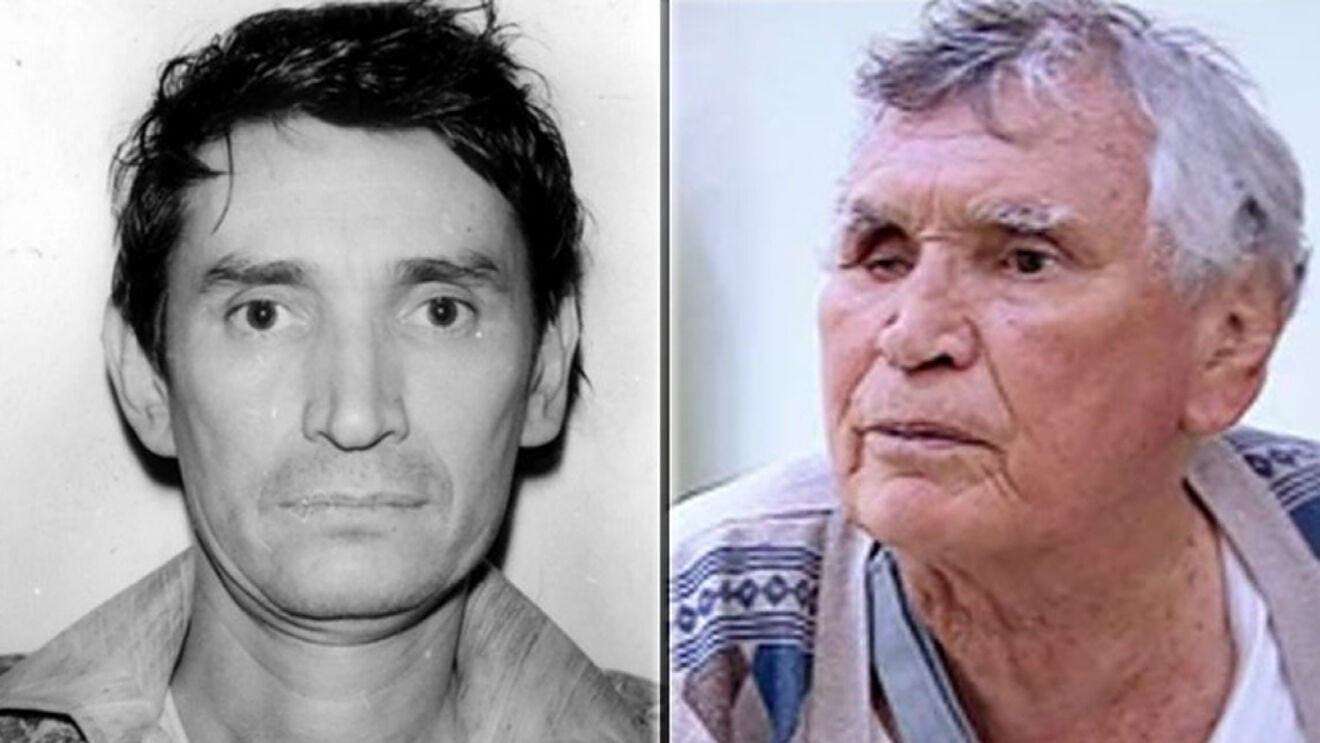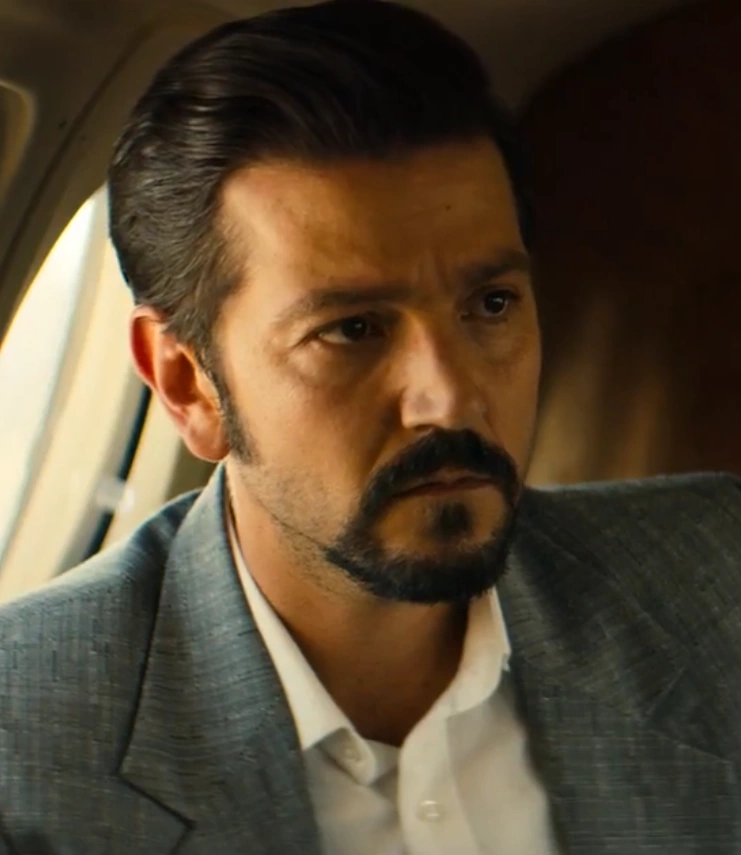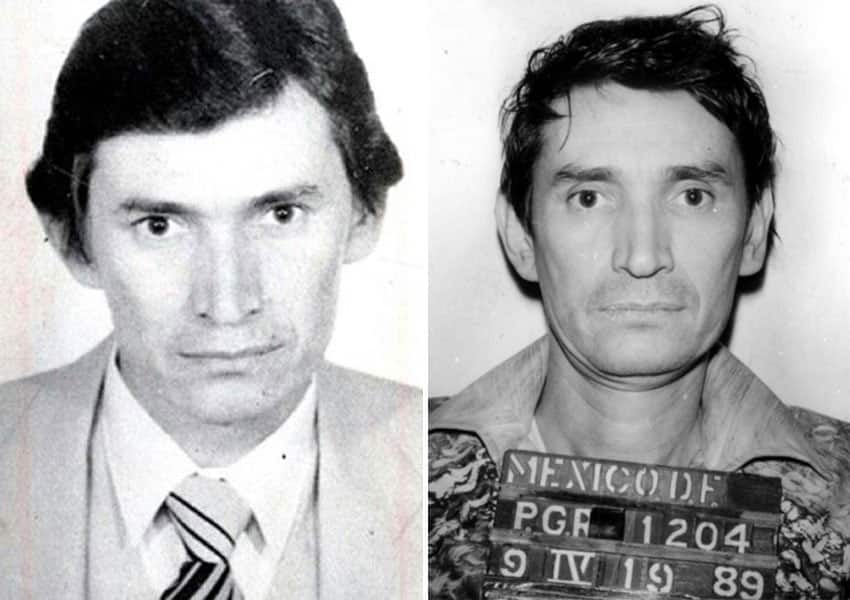Unveiling Miguel Ngel Flix Gallardo: The Godfather's Story | Discover Now
Could the shadows of power and notoriety truly obscure a man's soul? Miguel ngel Flix Gallardo, the man often called "The Godfather" of the Mexican drug trade, built a sprawling empire on illicit commerce, but even now, after decades behind bars, maintains his innocence.
The name Miguel ngel Flix Gallardo echoes through the annals of criminal history, synonymous with the explosive growth of the Mexican drug trade. Born on January 8, 1946, in the small town of Tepic, Nayarit, Mexico, Gallardo rose from humble beginnings to become one of the most infamous figures in the world of organized crime. He masterminded the Guadalajara Cartel, a criminal organization that, during the 1980s, controlled a significant portion of the drug trafficking routes across the Mexico-United States border. Gallardo's influence extended far beyond mere financial gain; he cultivated a network of corruption that infiltrated law enforcement and government agencies, allowing his empire to flourish with impunity. However, as the saying goes, every empire eventually crumbles. The brutal murder of DEA agent Enrique Camarena, who had infiltrated Gallardo's cartel, led to a swift and devastating downfall. Despite spending more than three decades incarcerated, Gallardo maintains his innocence in the Camarena case, adding another layer of intrigue to his already complex story.
| Full Name: | Miguel ngel Flix Gallardo |
| Aliases: | "El Jefe de Jefes" (The Boss of Bosses), "El Padrino" (The Godfather) |
| Date of Birth: | January 8, 1946 |
| Place of Birth: | Tepic, Nayarit, Mexico |
| Nationality: | Mexican |
| Career: | Founder of the Guadalajara Cartel, Convicted Drug Lord |
| Known For: | Controlling a large part of the drug trade in Mexico and along the U.S.-Mexico border during the 1980s. |
| Key Events: | Formation of the Guadalajara Cartel, the murder of DEA agent Enrique Camarena, arrest and conviction. |
| Current Status: | Incarcerated |
| Notable Relationships: | Mara Elvira Murillo (Second Wife) |
| Reference: | U.S. Department of Justice Archive |
Gallardo's ascent to power was not a swift one, but rather a gradual accumulation of influence and resources. He started his career in law enforcement, serving as a federal judicial police officer. This early experience provided him with valuable insights into the workings of the government and the police force, knowledge that would prove invaluable in his future criminal endeavors. It's a dark irony that the very institutions he once served would later be the target of his corruption. As he moved away from law enforcement, he began cultivating connections with other criminal figures, eventually forging alliances that laid the groundwork for the Guadalajara Cartel. These alliances, built on the principles of mutual benefit and a shared desire for wealth and power, soon solidified into a formidable criminal enterprise.
During the 1970s and 1980s, Gallardo's Guadalajara Cartel rose to become the most powerful drug trafficking organization in Mexico. He consolidated the existing drug trade, controlling the flow of cocaine, marijuana, and heroin from South America through Mexico and into the United States. The cartel's reach extended into multiple spheres, corrupting government officials, bribing law enforcement officers, and intimidating anyone who dared to stand in their way. Gallardo was not just a trafficker; he was a businessman, a strategist, and a master manipulator. He understood the importance of organization and control, implementing a hierarchical structure that allowed him to manage his vast empire. His influence extended beyond mere financial gain; he cultivated a network of influence that permeated the very fabric of Mexican society.
The Guadalajara Cartel, under Gallardo's leadership, was not a monolith. It was a complex organization, a syndicate of different factions and alliances. Gallardo acted as a "godfather," mediating disputes, enforcing rules, and ensuring that the various elements of the organization worked together, albeit in their shared pursuit of illicit profits. This role demanded exceptional political acumen, as he navigated the treacherous world of organized crime, always balancing power and maintaining control. This delicate balance was tested, and ultimately broken, by events that would bring about the cartel's dramatic fall.
The murder of DEA agent Enrique Camarena in 1985 was the turning point. Camarena had infiltrated the Guadalajara Cartel, gathering crucial intelligence about its operations. His disappearance and subsequent murder, which was linked directly to Gallardo and other high-ranking members of the cartel, triggered a massive crackdown. The U.S. government, angered by the blatant disregard for its law enforcement agents, pressured the Mexican authorities to bring the perpetrators to justice. This led to the arrest of Gallardo in 1989, along with many of his top lieutenants, effectively dismantling the Guadalajara Cartel. This event marked the beginning of the end for Gallardo's reign of terror and signified the end of an era in Mexican drug trafficking.
The arrest and conviction of Miguel ngel Flix Gallardo did not, however, end the problem of drug trafficking in Mexico. It merely shifted the balance of power. Gallardo's arrest led to the fragmentation of the Guadalajara Cartel, giving rise to a new generation of drug lords and competing cartels. The Sinaloa Cartel, led by Joaqun "El Chapo" Guzmn, emerged as one of the most powerful organizations, filling the vacuum left by Gallardo's imprisonment. This shift illustrated a fundamental truth about the drug trade: it is an industry that adapts and evolves, constantly seeking new opportunities for profit, even as its leaders are imprisoned or killed. It is a testament to the resilient and ever-changing nature of organized crime.
The legacy of Miguel ngel Flix Gallardo is a complex one. He is both a product of his time and a key architect of the modern Mexican drug trade. His story illuminates the intricate relationship between power, corruption, and violence. His actions had a profound impact, not only on the lives of those directly involved in the drug trade, but also on the social and political fabric of Mexico. The influence of Gallardo is still evident in the strategies and methods used by modern cartels, and the ripple effects of his actions continue to shape the dynamics of the drug war. This is a war that has devastated many communities, creating a trail of pain and suffering that continues to haunt the region.
The story of Gallardo also serves as a grim reminder of the failures of international cooperation in the fight against drugs. The fact that a man like Gallardo could build such a vast empire, and operate with such impunity for so long, is indicative of the complex interplay between criminal organizations and government institutions. This interaction makes the struggle against drug trafficking an enormous undertaking. The fight has been characterized by a lack of adequate resources, limited political will, and widespread corruption on both sides of the border. These deficiencies have allowed criminal organizations to thrive, evolving and adapting to the constant pressure from law enforcement.
Despite the evidence, Gallardo has maintained his innocence in the murder of Enrique Camarena. His version of events, which he has reiterated over the years, paints him as a victim of circumstance, a man who was unfairly targeted for his alleged crimes. Whether or not he is telling the truth remains a matter of debate. The truth about his role in Camarena's murder may never be fully known. However, the fact that he continues to deny his involvement speaks volumes about his character and the complexity of his legacy. His refusal to admit guilt has become another element of his myth, further contributing to the aura of invincibility that has surrounded him for decades.
The life of Miguel ngel Flix Gallardo is a stark representation of the dark side of ambition, power, and the corrupting influence of money. He represents a figure who rose from modest origins to become a symbol of the violence and chaos associated with the Mexican drug trade. The story of Gallardo, as chronicled in news reports and television dramas, serves as a cautionary tale of the costs of this lifestyle. The price includes violence, betrayal, and imprisonment, which is a harsh and often tragic fate. The case of Gallardo remains a chilling illustration of the destructive impact of the drug trade, and his impact on the Mexican society.
Gallardo, in the twilight of his life, remains incarcerated, a figure of both infamy and fascination. His story serves as a constant reminder of the human cost of the drug war and the enduring power of organized crime. The legacy of Miguel ngel Flix Gallardo, "El Jefe de Jefes," will continue to be debated and analyzed. It will be considered by historians and criminologists. His name is a stark reminder of a dark chapter in Mexican history, a period of corruption, violence, and the devastating impact of the drug trade on society. The echoes of his actions, as well as the implications of his actions, reverberate through the present day. The story of Miguel ngel Flix Gallardo is not just a story of a single man but a reflection of a larger story, and an era that shaped modern Mexico and the fight against drugs.
The impact of the Guadalajara Cartel, and the subsequent fragmentation of the group, marked a turning point in the history of drug trafficking in Mexico. It ushered in a new era of violence and competition, with a multitude of cartels vying for control of lucrative trafficking routes and territories. The arrest of Gallardo may have weakened his organization, but it also inadvertently contributed to the rise of a new generation of drug lords, further complicating the already difficult task of combating organized crime. The landscape of Mexican drug trafficking, forever altered by Gallardo's rise and fall, would continue to evolve, with violence escalating and the stakes constantly increasing, making the country a battleground.
The story of Miguel ngel Flix Gallardo is not just about a criminal; it is also a story of power and its ability to corrupt. The Guadalajara Cartel, under his leadership, became an instrument of control. It wielded influence over politicians, law enforcement, and even the media, ensuring that its operations continued with minimal interference. This ability to control the narrative and manipulate the system was a key factor in the cartel's success, but also in its ultimate downfall. The downfall was a result of the combined efforts of the DEA, the Mexican government, and other involved forces, which ultimately succeeded in bringing Gallardo to justice and dismantling his organization.
The legacy of Miguel ngel Flix Gallardo can be summarized as a mixture of power, infamy, and tragedy. He was a man who built a criminal empire on the trade of illicit drugs. His actions left a lasting impact on Mexican society. Despite the passage of time and the imprisonment of its leader, the Guadalajara Cartel's impact, and the influence of Gallardo, continue to be felt today. The challenges posed by organized crime, as well as the fight against drugs, continue to challenge the Mexican authorities. The legacy of Miguel ngel Flix Gallardo remains a sobering reminder of the enduring power of organized crime, the destructive nature of the drug trade, and the urgent need for continued efforts to confront these challenges.


